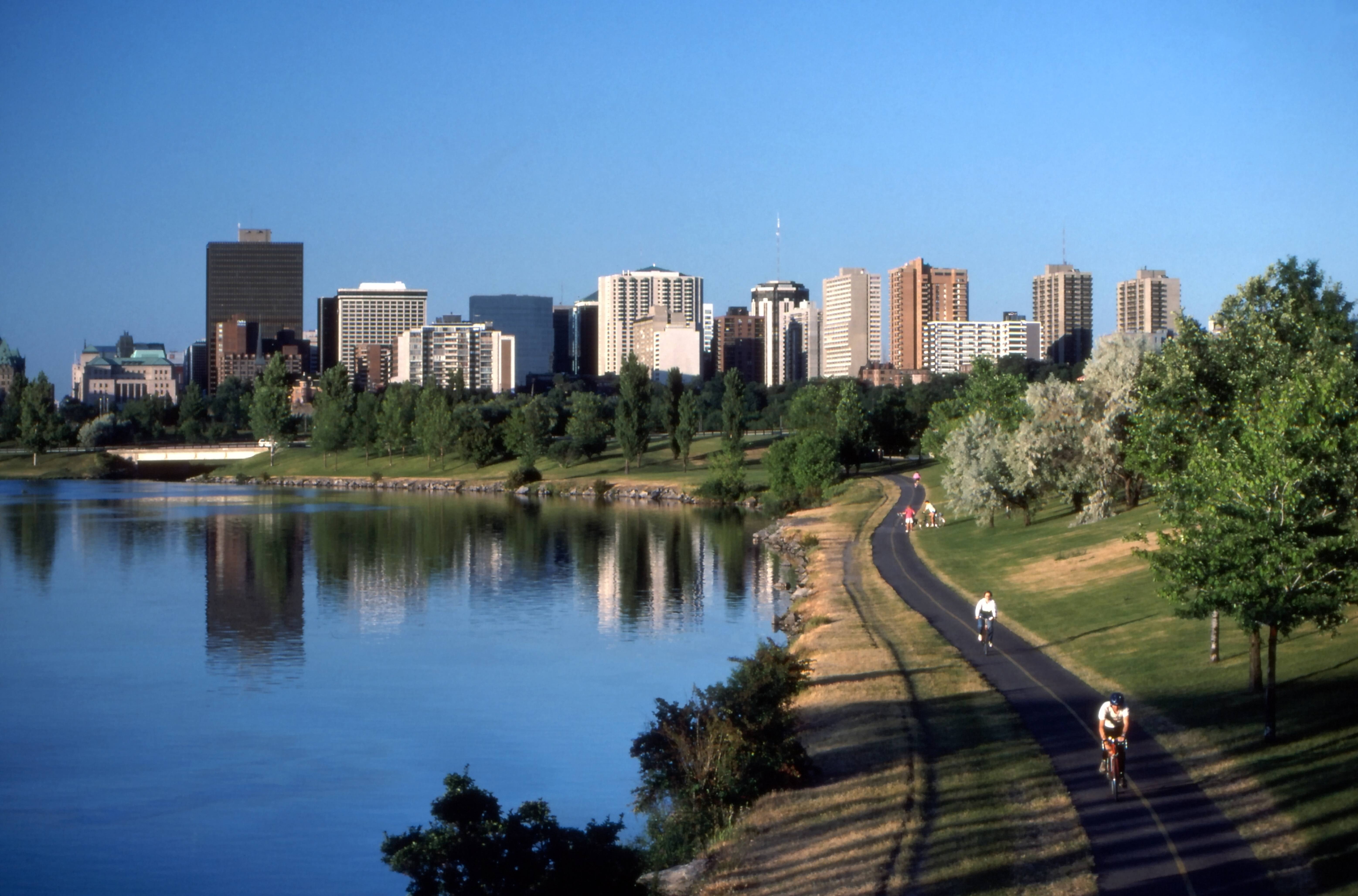TAPplications: The Ecologist City of Jambi, Indonesia
This blog series presents some of the applications to the Transformative Actions Program, to show you how cities are “tapping” their potential for sustainability. For more information on the TAP, please visit the website.
Jambi City (or Kota Jambi) is the capital city of Jambi province in Eastern Sumatra, Indonesia. The city is a busy port on the Batang Hari River. It is enjoying steadfast economic growth (currently at a rate of 7.76%) generated by five main sectors: hotels and restaurants, transport and communications, services, manufacturing and banking. The city’s population of around 700,000 people is projected to increase rapidly towards 2025 (currently at a rate of 3.14%), while land use planners struggle to accommodate new development within the city boundaries.
In response to the pressures to accommodate this new development, while recognizing the urgent need for sustainable development in the city, Jambi has launched a comprehensive climate plan focused on a transformation into an “Ecologist City”. In practical terms, the project sets out a number of sectoral plans, including plans to reduce pollution and control environmental destruction while promoting biodiversity conservation.
The development of Jambi into an Ecologist City aims to bring economic, political and social transformation to the entire community, through the coordinated implementation of waste water, solid waste and air pollution policies. The underlying strategy is based on the long-term planning of the city (2013-2018), which hopes to accelerate the provision of basic infrastructure for the city, including improving sanitation services, enhancing drainage facilities, providing better education and boosting health services.
Elected leaders and the city government recognize that such an ambitious project is a long term investment which requires ever-closer collaboration between municipal departments and citizens if such an Ecologist City model is to deliver both in economic terms and on sustainable development.
As such, the project will be managed from the Jambi City Environment Department, while operations will be steered by a cross-departmental task force bringing together staff from the Public Works Department, the Local Planning and Development Agency, the Sanitation Agency, the Health Department, the Education Department, and Community Empowerment Department and the Tourism Department. The wide range of departments involved in the task force ensures that the project will deliver on its over-arching goals, while empowering the community and educating policymakers on the various issues which must be integrated in order to develop an Ecologist City.
A key objective of the project is to reduce the risk of disaster in Jambi, an issue which disproportionately affects the poorest communities in Jambi City as a result of regular flooding. The successful implementation of the Ecologist City plan will see reduced economic losses, health costs and risk to human life during the hazardous flood season.
Through this project, the city hopes to reach its overarching goal of providing a healthy, liveable city resilient to the risks of flooding and a comfortable quality of life for the citizens of Jambi City.







